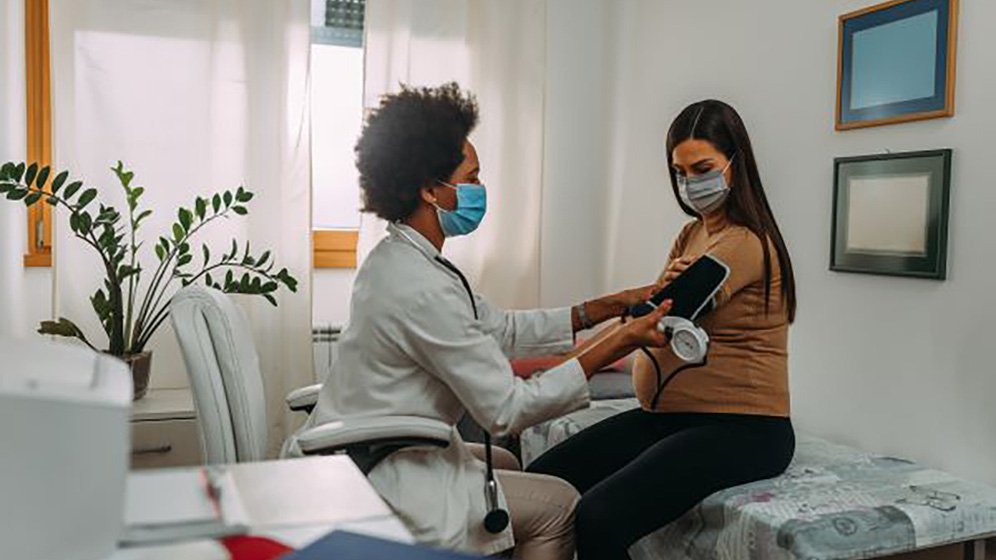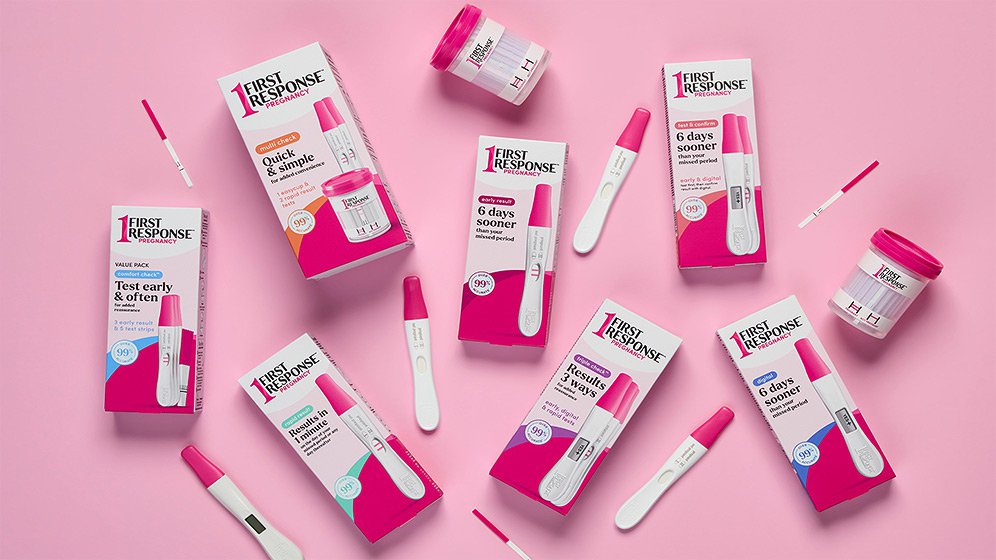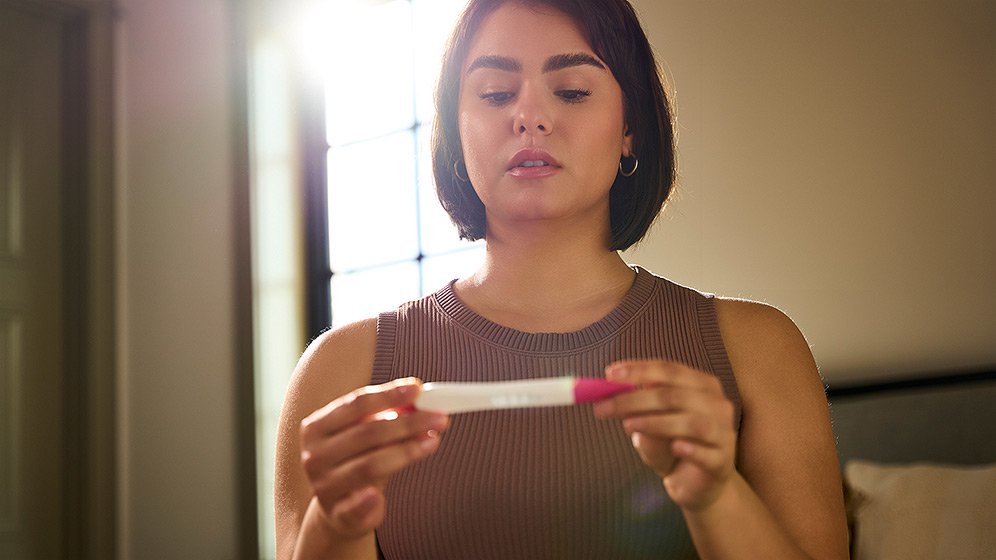Pregnancy
Every pregnancy brings about challenges and questions. Let us help guide you on what’s healthy for both you and baby.

When you’re trying to conceive, knowing when you are most likely to get pregnant is crucial. Each month, there is a short window when an egg can be fertilized and implant in the uterus. Learn how to calculate these best days to conceive by tracking ovulation and seizing the opportunity on your most fertile days.

Roughly 5 million women in the United States of reproductive age are living with Polycystic Ovarian Syndrome (PCOS), according to the CDC. PCOS is a condition where higher androgen levels in the body can lead to irregular periods, ovarian cysts, thinning hair, excess facial hair (hirsutism), and often a harder time getting pregnant.

Many people focus on missing their period as one of the first signs of early pregnancy. You might be surprised to learn that a small amount of blood and some cramping – known as implantation bleeding – can be a sign of pregnancy as the fertilized egg attaches to the uterine lining and your 9-month journey begins.

Knowing you are pregnant sooner affords you an early start on a healthier pregnancy for both you and your baby. Most women know the basic early signs of pregnancy, especially a missed period. But that's not the only sign. If you're wondering whether or not you're pregnant, it's probably time to take a pregnancy test – especially if you're experiencing any of the following early pregnancy symptoms.

Embarking on the journey of fertility and pregnancy often involves encountering a maze of acronyms and pregnancy abbreviations.

When you need a pregnancy test to help you know if you are pregnant, there are several convenient and accurate at-home pregnancy test kits you can choose from. But do you want to pee on a stick (POAS) or in a cup? Analog or digital tests? We’ve got a quick primer to help you understand the different types of pregnancy tests – whether you’re looking for something quick, easy-to-use, discreet, or a combination of these features!

Knowing you are pregnant sooner affords you an early start on a healthier pregnancy for both you and your baby. Most women know the basic early signs of pregnancy, especially a missed period. But that's not the only sign. If you're wondering whether or not you're pregnant, it's probably time to take a pregnancy test – especially if you're experiencing any of the following early pregnancy symptoms.

Why Early Pregnancy Detection Matters The first few weeks of pregnancy are critical to fetal development, so early prenatal care is important to healthy birth weight and baby survival.

Elizabeth Yepez, MD is a board certified ObGyn and Clinical Instructor of Obstetrics and Gynecology at the University of Illinois at Chicago School of Medicine. Dr. Yepez has focused much of her career in eliminating racial and socioeconomic health disparities.

For obstetricians, three is certainly a magic number. We tend to think of pregnancy in trimesters, each composed of about 13 weeks. A lot happens in each trimester, and here I’ll outline what is occurring and what you might notice, during each of these phases.

From the earliest moments of conception, your body is already starting to undergo monumental changes. One of the very first is production of the pregnancy hormone, hCG (human Chorionic Gonadotropin), which can be detected in your blood and in your urine.

Many healthy changes that a woman makes before pregnancy will not only impact the health of her pregnancy, but also her ability to get pregnant in the first place. I often find that when asked to think about their future baby, women often make lifestyle changes more willingly.

If you’re pregnant, or trying to get pregnant, you may have heard of DHA. But what is DHA? DHA is an acronym for the nutrient docosahexaenoic acid, an Omega-3 fatty acid.

You pee on a stick and then a few minutes later the answer to one of the biggest questions in a woman’s life appears, seemingly almost by magic, in a small window. It reads either “pregnant” or “not pregnant.”
Educational Disclaimer:
The information provided herein is intended for educational purposes only and is not a substitute for professional medical advice, diagnosis, or treatment. Always seek the advice of your physician or other qualified health provider with any questions you may have regarding a medical condition or the use of medical devices.
